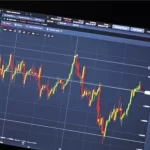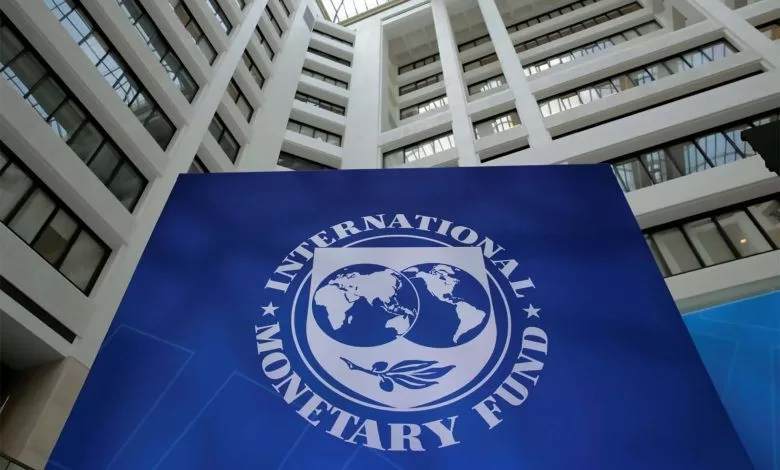The International Monetary Fund (IMF) has revised its forecast for Nigeria’s economic growth in 2024, lowering it to 3.1 percent from the previous 3.3 percent.
This adjustment is detailed in the recently published July 2024 World Economic Outlook report.
The IMF attributed the downgrade to weaker-than-expected growth in the first quarter of 2024. Nigeria’s Gross Domestic Product (GDP) growth fell to 2.98 percent in Q1 2024, down from 3.46 percent in Q4 2023, according to data from the National Bureau of Statistics (NBS).
Despite this setback, the IMF has maintained its 3.0 percent growth forecast for Nigeria in 2025.
The downgrade for Nigeria has also led to a slight adjustment in the IMF’s forecast for Sub-Saharan Africa’s economic growth in 2024, now projected at 3.7 percent, down from 3.8 percent in the April WEO forecast. However, the IMF raised its 2025 growth forecast for the region to 4.1 percent from 4.0 percent.
“The forecast for growth in sub-Saharan Africa is revised downward, mainly as a result of a 0.2 percentage point downward revision to the growth outlook in Nigeria amid weaker than expected activity in the first quarter of this year,” the IMF stated.
Globally, the IMF has retained its growth forecasts at 3.2 percent for 2024 and 3.3 percent for 2025. The report highlighted challenges such as sustained services price inflation, which is complicating monetary policy normalization, and increased trade tensions and policy uncertainty.
The Global Economy in a Sticky Spot. Global growth is projected to be in line with the April 2024 World Economic Outlook (WEO) forecast, at 3.2 percent in 2024 and 3.3 percent in 2025.
Nevertheless, varied momentum in activity at the turn of the year has somewhat narrowed the output divergence across economies as cyclical factors wane and activity becomes better aligned with its potential,” the IMF noted.
The IMF also emphasized the need for a carefully sequenced policy mix to manage risks and preserve growth, stressing that “upside risks to inflation have thus increased, raising the prospect of higher-for-even-longer interest rates.”
This economic update follows the latest inflation figures from Nigeria, which have reached a new high. According to NBS data, inflation hit 34.19 percent in June 2024, up from 33.95 percent in May 2024.
“In June 2024, the headline inflation rate increased to 34.19% relative to the May 2024 headline inflation rate which was 33.95%. Looking at the movement, the June 2024 headline inflation rate showed an increase of 0.24% points when compared to the May 2024 headline inflation rate,” the NBS reported.
Year-on-year, the headline inflation rate for June 2024 was 11.40 percentage points higher than the 22.79 percent recorded in June 2023. Month-on-month, the inflation rate for June 2024 was 2.31 percent, 0.17 percent higher than the rate in May 2024.
The NBS explained, “This means that in the month of June 2024, the rate of increase in the average price level is higher than the rate of increase in the average price level in May 2024.”
This continued rise in inflation and the revised economic forecasts highlight the challenging economic environment Nigeria faces as it navigates the rest of 2024.











